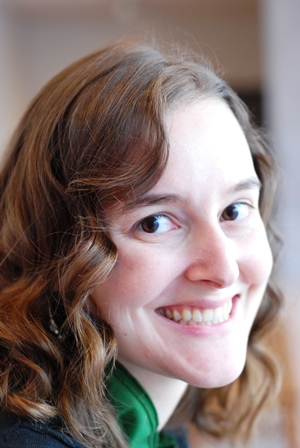I Am Malala: The Story of the Girl Who Stood Up for Education and Was Shot by the Taliban
Book by Malala Yousafzai and Christine Lamb
Book review
By Michelle Sinclair
There are many reasons to embrace the book I Am Malala: The Story of the Girl Who Stood Up for Education and Was Shot by the Taliban. The immensely readable narrative flows like the story a friend might share while you sit on the couch, eating popcorn together—and yet the subject matter itself is haunting, even perspective-altering.
Nobel laureate Malala Yousafzai has become world famous, but as she frequently reminds readers in word and deed, she is still a normal girl. Her endearing, enduring voice shines through many passages in her memoir (which was cowritten with British journalist Christine Lamb). Malala is competitive to a fault, fights constantly with her brother, Khushal, loves to primp in the mirror, and begs God to make her taller. And she also stands up for girls’ education at a time when even adults fear to speak out.
Pakistan does not have a positive image in the West. It is not on the short list of any travel website’s top honeymoon spots, and before Malala, its most enduring cultural export has been its association with the Taliban and other militant extremists. In her memoir, Malala presents a different side to her beloved homeland: beautiful landscapes, community bazaars, and people for whom hospitality is not just a culture but a calling. Her voice opened my eyes to my own prejudices about a country that has seemed to have little to recommend it. She is also a devout Muslim whose faith supports her calling to fight for women’s freedom and education, to seek peace among all religions. Those in the West who condemn Islam as a violent religion badly need to hear her voice.
Education is not just for children and young people. It is an obligation for adults everywhere. We must continue to educate ourselves by seeking out books like this one
And indeed, just as Malala doesn’t hesitate to put world leaders on the spot for their decisions, she doesn’t shy away from calling out her country and people for their shortcomings. She laments the cycle of poor leadership—governments overthrown by military coups, followed by more military coups, and all the ineffective leaders down the ladder to local municipalities who speak big, but do nothing—that left her people vulnerable to the insidious voice of Fazullah, otherwise known as the Radio Mullah.
The common people only want to raise their children, feed their families, and live in a healthy, functioning community. When instability threatens the basic resources of life, and the officials sit on their hands spouting empty promises, the people begin to listen to the only voice that seems to be offering common-sense solutions, even while people like Malala’s own father point out the dangerous rhetoric in Fazullah’s words. At first, the Radio Mullah wins many supporters, especially since his organization does practical work in the community.
But little by little, Fazullah’s voice becomes more strident, and while some people agree with his increasingly fiery stance, others begin to see the danger in his views. The shift is gradual—a ban on women shopping here, a purge of TVs and music there—until they are like the proverbial frog put in a cold pot and then gradually heated until it’s boiled to death. Before long, Fazullah and the Taliban are beheading dissenters and bombing schools throughout Malala’s beloved Swat Valley, and there is very little the common people can do to stop them. Their opposition is too little, too late.
With the help of her father, Ziaudden (“People ask me what is special about my mentorship that has made Malala so bold and courageous, vocal and poised. I tell them, ‘Don’t ask me what I did. Ask me what I did not do. I did not clip her wings, and that’s all’”), Malala manages to circumvent their strictures on girls attending school right up until the Taliban bans it outright. When the government cuts a deal with the Taliban, and the schools reopen, she is overjoyed, but soon they discover that it will take much more to push the Taliban out of her valley, and even when the army claims the Taliban are gone, a gunman on her school bus proves differently.
Education is not just for children and young people. It is an obligation for adults everywhere. We must continue to educate ourselves by seeking out books like this one, by traveling as we have the means, or even by watching documentaries that take us beyond the comfortable boundaries of our world. We need to look beyond the popular snapshots of foreign countries, peoples, and religions if we are to have any hope of spreading peace and understanding throughout the world. People hate what they do not know or understand. Thanks to Malala, her courageous family, and her supporters, removing one barrier to understanding is as simple as reading a book.
Or watching a documentary! The documentary He Named Me Malala will be released October 5, 2015. See the trailer.
For more information about Malala Yousafzai’s foundation to help boys and girls around the world receive education, go to www.malala.org.





